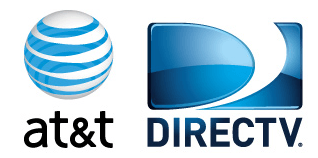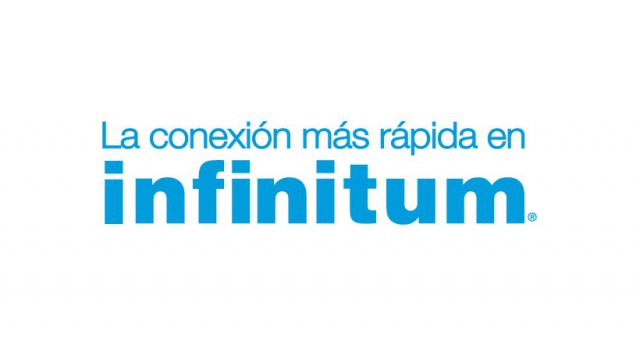 While consumer groups were busy fighting the Comcast-Time Warner Cable merger, AT&T’s $49 billion purchase of DirecTV has largely flown under the radar, with no comparable organized consumer opposition to the deal. But that does not mean the FCC will approve it as-is.
While consumer groups were busy fighting the Comcast-Time Warner Cable merger, AT&T’s $49 billion purchase of DirecTV has largely flown under the radar, with no comparable organized consumer opposition to the deal. But that does not mean the FCC will approve it as-is.
Negotiations with federal regulators and an exchange of regulatory filings and comments between AT&T, the FCC, and deal critics have apparently forced AT&T to agree to several concessions to make regulators amenable to approving the transaction.
The Washington Post reports that chief among those concessions is AT&T’s willingness to voluntarily abide by certain Net Neutrality rules regardless of any court challenges, including banning the slowing or blocking of websites and agreeing not to accept payments from website operators to speed up their content. AT&T has not said how long it intends to keep that commitment.
Deal opponents are also seeking other concessions from AT&T:
No paid interconnection deals: AT&T must route incoming content to customers without any fees charged to the companies originating the traffic. This became a hot button issue when Netflix felt it was forced to pay Comcast a fee to assure its streamed video content would reach Comcast customers without buffering or other errors. AT&T is expected to fiercely oppose this condition and says it should have the right to make private deals with content delivery firms.
AT&T must offer standalone broadband: With AT&T’s acquisition of DirecTV, more than ever it will have an incentive to sell customers a television bundle with Internet service. Regulators want AT&T to assure broadband-only service remains readily available. AT&T has offered 6Mbps DSL for $34.95 a month as its standalone option. Content delivery firms like Cogent want AT&T to offer 25Mbps service in all of AT&T’s markets for $29.95 a month for at least seven years. The FCC recently defined 25Mbps the minimum speed to qualify as broadband.
No end runs around Net Neutrality with data caps and exemptions: AT&T wants the right to exempt its preferred partners from its usage caps and claims that is beneficial to consumers. But cap opponents claim that is simply another way to collect money from content companies for preferential treatment — an end run around Net Neutrality rules. Opponents of these cap exemptions, known as “zero-rating” claim all content should be treated the same. AT&T could resolve this by removing data caps from its DSL and U-verse services altogether.


 Subscribe
Subscribe
 With AT&T’s arrival in the Mexican wireless marketplace with its purchase of Iusacell and Nextel, América Móvil is responding with
With AT&T’s arrival in the Mexican wireless marketplace with its purchase of Iusacell and Nextel, América Móvil is responding with 


 AT&T considers that an intrusion on its spectrum and has told the FCC it strongly objects allowing any secondary or unlicensed user to use their spectrum “without so much as [paying AT&T] a lease” or getting consent from AT&T. AT&T wants everyone off their frequencies no later than 39 months after the issuance of a Channel Reassignment Public Notice that will identify new channel assignments for full power and Class A television stations that have been reassigned to different channels. AT&T also wants the right to jump ahead of the proposed three years of transition for licensed stations and make it possible to start kicking off all unlicensed users of its frequencies within 120 days notice.
AT&T considers that an intrusion on its spectrum and has told the FCC it strongly objects allowing any secondary or unlicensed user to use their spectrum “without so much as [paying AT&T] a lease” or getting consent from AT&T. AT&T wants everyone off their frequencies no later than 39 months after the issuance of a Channel Reassignment Public Notice that will identify new channel assignments for full power and Class A television stations that have been reassigned to different channels. AT&T also wants the right to jump ahead of the proposed three years of transition for licensed stations and make it possible to start kicking off all unlicensed users of its frequencies within 120 days notice.